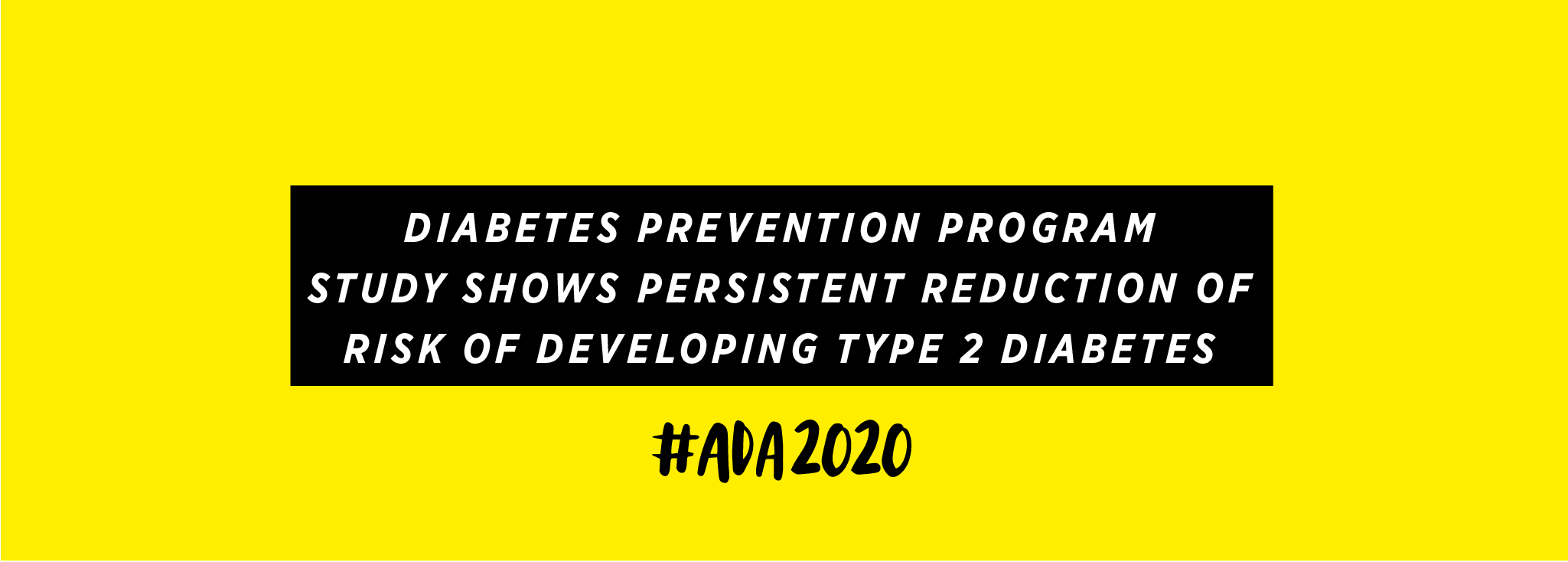Diabetes Prevention Program Shows Persistent Reduction of Type 2 Diabetes Development
A 22-year follow-up on the Diabetes Prevention Program Outcomes Study (DPPOS) indicates a continued significant reduction in the participants’ risk of developing type 2 diabetes. The trial, which was conducted from 1996 to 2001, sought to determine the success of either an intensive lifestyle change program or treatment with metformin to prevent or delay the development of type 2 diabetes in those who were high-risk. Twenty-two years later, 75 percent of the participants, who are still alive, have continued to be evaluated. Since the start of the study, individuals in the lifestyle intervention group had a reduced risk of 25 percent of developing type 2 diabetes. Those in the metformin group had an 18 percent reduced risk. Though metformin is an approved drug to treat type 2 diabetes, it is not approved for use in the United States to prevent the disease. However, it is approved in other countries.
The results indicated the Diabetes Prevention Program (DPP) had other health benefits, such as lowering the risks of developing early retinopathy, kidney disease, cardiovascular disease, stroke and frailty.
- Those who did not develop diabetes had a 57 percent and 37 percent lower risk of developing eye and kidney disease, respectively.
- In that same group, they also decreased their chances of a major cardiovascular event such as heart attacks or strokes by 39 percent.
- The new results also showed those in the lifestyle intervention group had a long-term reduction in bone frailty.
However, researchers also noted that the only negative impact from the DPPOS was shown in the oldest group of patients, who displayed a slight increase in kidney disease with the metformin treatment.
About the Diabetes Prevention Program Outcomes Study
The DPPOS is the largest prevention and longest duration study that continues to actively follow its participants. After about three years of the start of the program, participants lowered their chances of developing type 2 diabetes by 58 percent compared to those in the placebo group. Only five percent of those in the lifestyle intervention group developed type 2 diabetes, in contrast to the ones in the placebo group.
In the lifestyle change group, participants:
- Attempted to lose seven percent of their body weight.
- Aimed to maintain that weight loss by eating less fat, fewer calories and exercising 150 minutes per week.
- Had one-on-one meetings with researches at least 16 times in the first 24 weeks, and then every two months with at least one phone call in-between visits.
The metformin group:
- Took 850 mg of metformin twice per day and were given standard advice about diet and exercise.
The placebo group:
- Took a placebo twice per day instead of metformin and were provided standard advice about diet and exercise.
If patients developed diabetes, they remained in the study and received additional care from their doctors if their glucose couldn’t be managed.
Not only was this lifestyle program effective across all racial groups, but it was also particularly effective in participants aged 60 and older by lowering their chances of developing type 2 diabetes by 71 percent. The group who was assigned to the metformin treatment lowered by 31 percent. Metformin, however, was most effective in:
- Women with a history of gestational diabetes
- People between the ages of 25 and 44
- People with obesity with a body mass index (BMI) of 35 or higher
“The current results [presented at this year’s conference] indicate that prevention of type 2 diabetes is possible and has important clinical benefits. The long-term benefits of the two DPP interventions on diabetes development, still present many years after they were started, are a testament to the power of these interventions and reinforce their importance in the reduction of diabetes,” said DPPOS Chair David M. Nathan, MD, director of the Clinical Research Center and Diabetes Center at Massachusetts General Hospital and professor of medicine at Harvard Medical School.
Interested in the Diabetes Prevention Program? Find one in your area!
The National Diabetes Prevention Program (NDPP) is now offered across the United States. The program is a partnership of public and private organizations. Individuals interested in participating in the NDPP can find one through the Center for Disease Control and through the Medicare Diabetes Prevention Program (MDPP).
To read about the other follow-up results of the DPP program, click here.
For our other coverage of the latest research in type 2 diabetes during the American Diabetes Association’s 80th Scientific sessions, click here.





